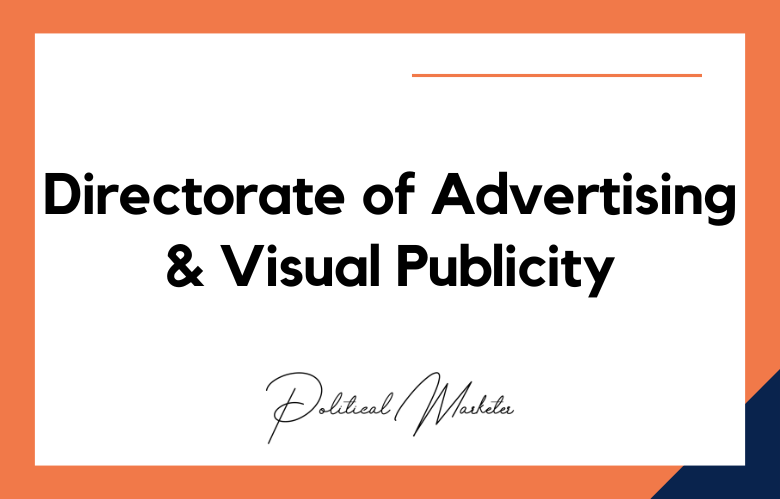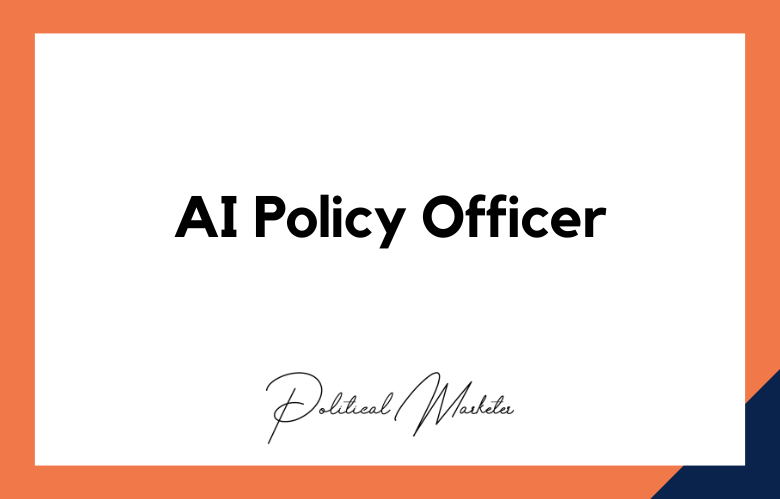Politicians and individuals in power are expected to uphold integrity, transparency, and honesty in their dealings, most notably in their stewardship of the nation.
However, the political landscape is riddled with corruption scandals and hidden agendas, making it challenging to discern who genuinely works for the people’s welfare.
In such a scenario, whistleblowing is a powerful weapon to expose corruption and fraud in government offices and corporations. We will discuss whistleblowing as a political strategy, its ethical dilemmas, and how it can transform the political arena.
Political whistleblowing involves divulging sensitive and confidential information about an individual or group’s misconduct, corruption, or other unethical behavior. It can be an effective tool for disrupting and dismantling the corrupt system and holding individuals in power accountable for their actions.
Why Whistleblowing Might be the Ultimate Political Strategy
The world of politics has never been easy, and in recent times, it has become increasingly polarized, complex, and downright vicious. Dirty tactics, personal attacks, propaganda, and fake news are now the order of the day.
In such a world, is playing fair and winning in politics still possible? The answer is yes – through whistleblowing. This simple act of bringing hidden truths and secrets into the light could be the ultimate political strategy. Keep reading to discover why.
Firstly, whistleblowing allows politicians to win on a moral high ground. While dirty tactics and high spending may sometimes get them votes, they also make them look untrustworthy, unethical, and even corrupt.
Understanding its Impact Whistleblowing Political Strategy
In politics, whistleblowing exposes the wrongdoing or illegal activities of a person or organization, thereby highlighting breaches of laws and regulations.
Despite its ethical and moral dimensions, whistleblowing has become a political tool used by several actors to advance their interests or undermine opponents.
We will understand whistleblowing as a political strategy and its impact on politics and governance in general.
The Power of Whistleblowing as a Political Strategy
Whistleblowing has long been controversial and often risky, particularly in politics.
But as more individuals become disillusioned with the status quo, we are seeing an uptick in the number of people who are willing to speak out against injustice, corruption, and abuse of power.
We’ll explore the power of whistleblowing as a political strategy, including what it is, why it matters, and how it can effect change in our society today.
So, just what is whistleblowing? At its core, whistleblowing refers to the act of reporting illegal or unethical behavior within an organization or government entity.
This can take many forms, from a simple report to a human resources department to a detailed letter sent to the media or lawmakers. While whistleblowers often face retaliation from those they accuse, many see speaking up as a moral obligation.
Whistleblowing – A Political Strategy to Uncover Truth
In a democracy, citizens entrust their leaders to serve their interests. However, there have been instances where elected officials misused their power, engaged in corrupt practices, or even manipulated elections to maintain their hold on power.
In such scenarios, whistleblowing is essential to expose the wrongdoing of those in influential positions.
Whistleblowing refers to informing the public or the relevant authorities of unethical or illegal activity within an organization. We will explore how whistleblowing can be a potent political strategy to uncover truth and preserve democracy.
One way whistleblowing can prove to be a successful strategy in politics is by serving as a deterrent for potential wrongdoers. When individuals in positions of power know that potential whistleblowers are monitoring their actions, they are less likely to engage in corrupt activities.
Uncovering the Truth: A Guide to Whistleblowing as a Political Strategy
When the government acts unlawfully or immorally, the citizens must call them out on their misconduct.
However, it can be challenging for those with insider knowledge to do so without facing retaliation or persecution. This is where whistleblowing comes in – an act of bravery that can expose the truth and hold those in power accountable.
Whistleblowing has been used as a political strategy for centuries. We will explore why whistleblowing is essential in politics, the difficulties whistleblowers face, and how best to blow the whistle for maximum effect.
First and foremost, whistleblowers play a crucial role in democracy. They help prevent us from being ruled by those who act in their interest rather than the people’s interest.
Types of Whistleblowing Political Strategy
Whistleblowing as a Political Strategy
Whistleblowing is a political strategy in which individuals or groups release sensitive or confidential information about a political leader or organization to the public to damage their reputation or obtain political gain.
It can be seen as a form of political opposition research, a tool for exposing an opponent’s weaknesses or vulnerabilities in a political race.
Whistleblowing can also be an attempt by those in power to discredit an individual or organization that threatens their position. The motivations behind whistleblowing in politics can range from pursuing justice to self-preservation or the desire for political power.
Negative Impact of Whistleblowing on Political Climate
The negative impact of whistleblowing in politics can be far-reaching and profound. One of the most significant risks is that whistleblowing can damage public trust in the political process, institutions, and parties, leading to a breakdown in social cohesion.
Whistleblowing can also amplify the polarization and partisanship that has plagued politics and contributed to governance stagnation. In the worst cases, individuals involved in whistleblowing can become the target of harassment, intimidation, and retaliation.
Positive Impact of Whistleblowing in Political Climate
However, whistleblowing can also advance transparency, accountability, and good governance. Whistleblowers can uncover corruption, fraud, or other illegal activities that would otherwise not have come to light.
Whistleblowers can contribute to the public debate, spur reforms, and promote democratic values.
This was evident, for example, following the Watergate scandal, where whistleblowing contributed to President Nixon’s resignation and the strengthening of democracy in the USA. Whistleblowers are essential to protecting the public interest and promoting the rule of law.
Legal Protections for Whistleblowers
While whistleblowing can be risky, many countries have laws protecting whistleblowers from retaliation. Whistleblowers must have adequate legal protection and support to speak out without fearing victimization.
Legal protections encourage more people to come forward, improving transparency and accountability. The effectiveness of legal protections for whistleblowers will depend on several factors, such as the quality of the laws in place, their enforcement, and the broader political culture surrounding whistleblowing.
Conclusion
Whistleblowing is a powerful tool to expose corruption and unethical behavior in politics, businesses, and other sectors.
It brings transparency and accountability to individuals in power, thus protecting the public’s welfare. However, it is an ethically challenging move that can have far-reaching consequences.
Therefore, those who blow the whistle should ensure the utmost responsibility and caution to safeguard themselves and the public’s interests. Ultimately, whistleblowing can be game-changing, but individuals should conscientiously consider its use.










